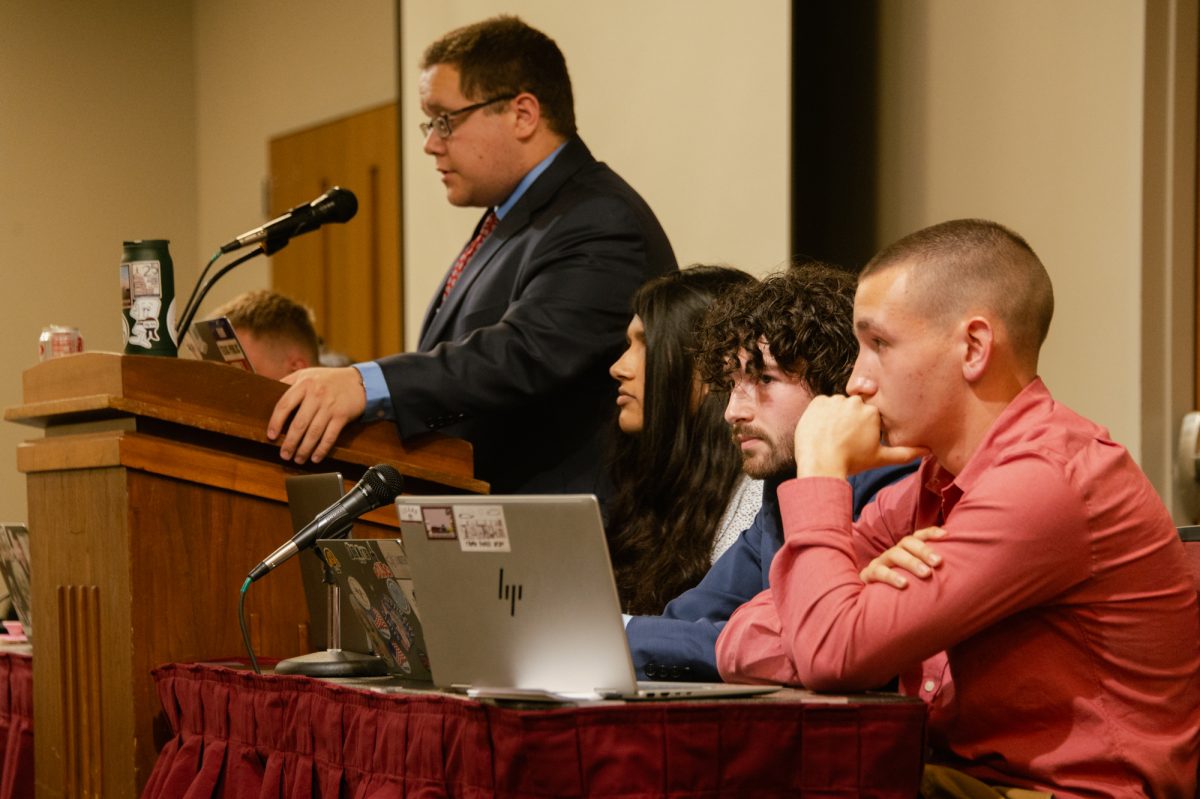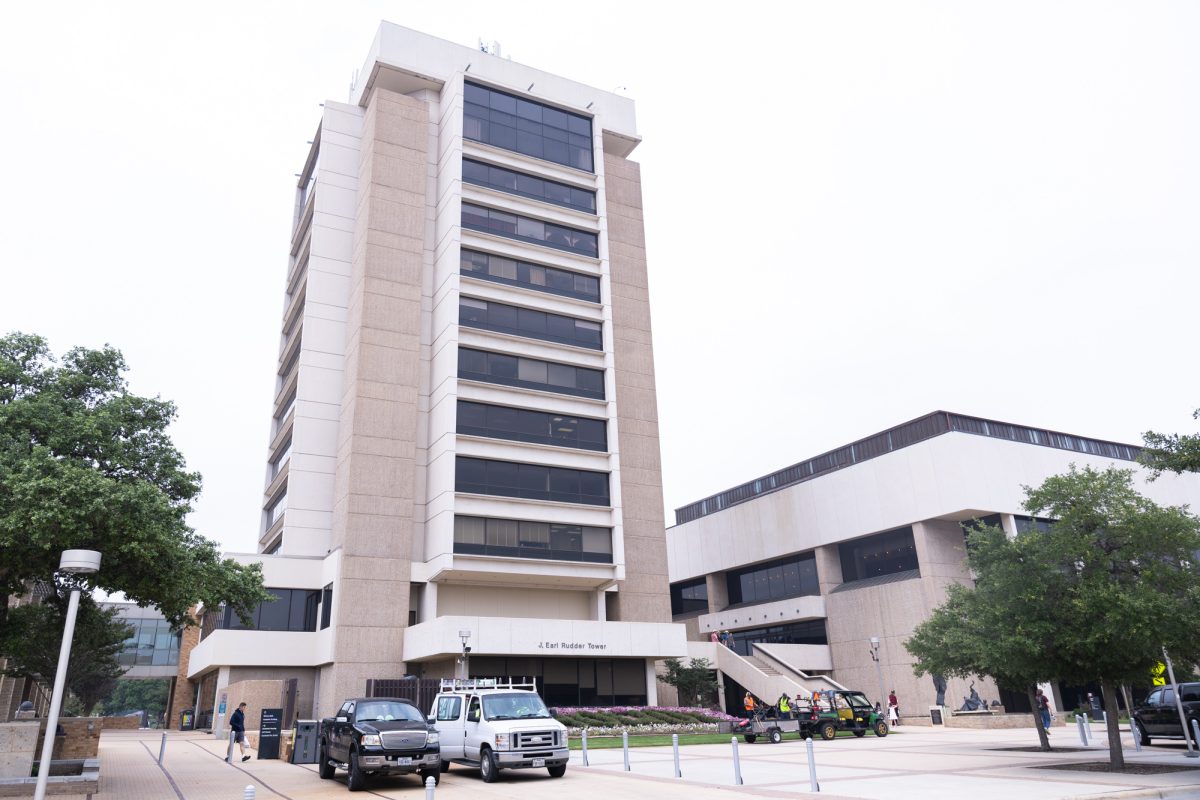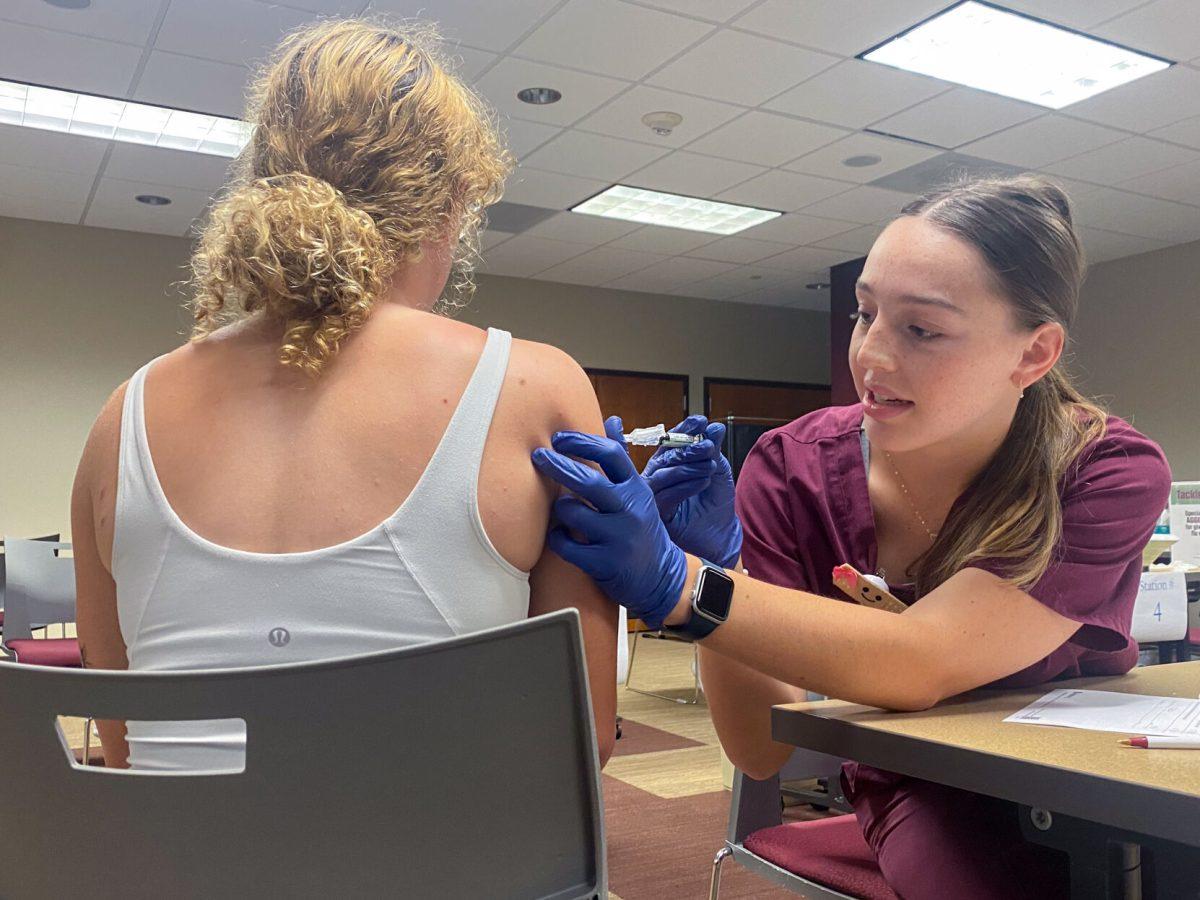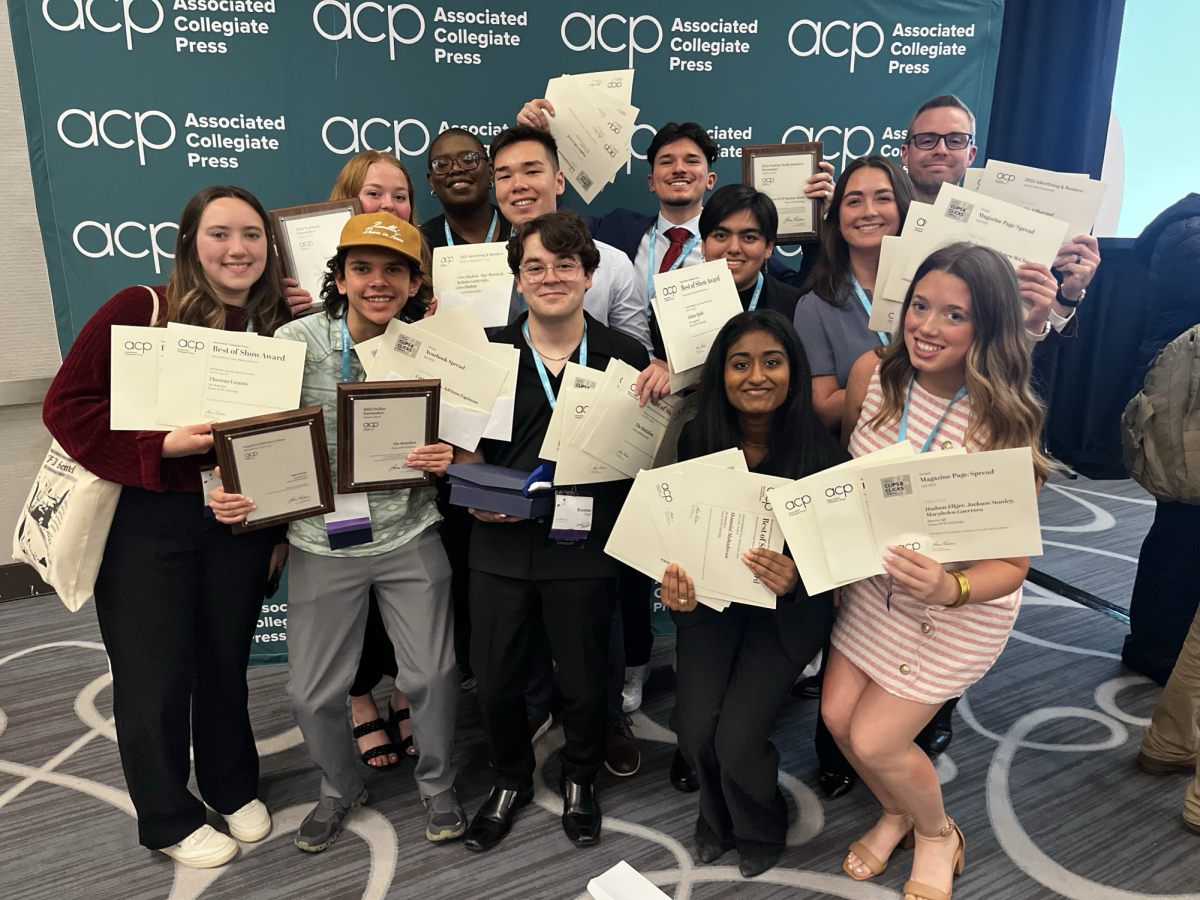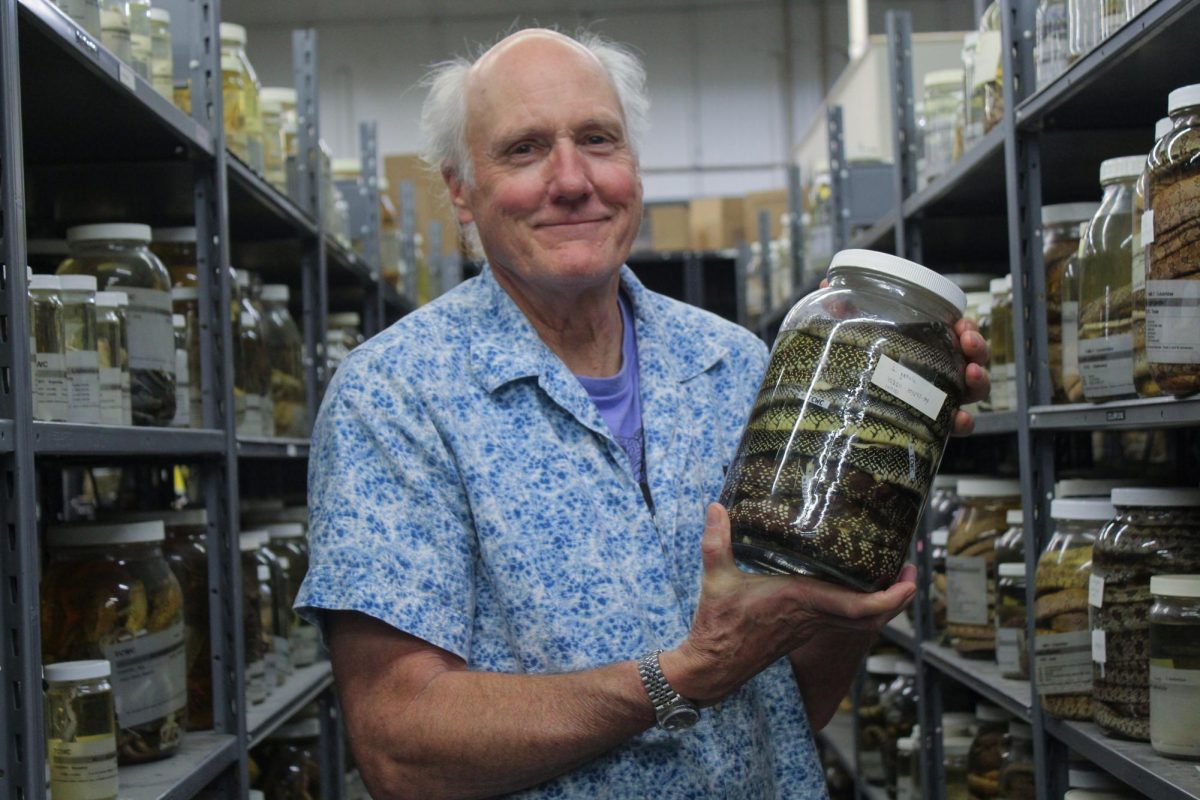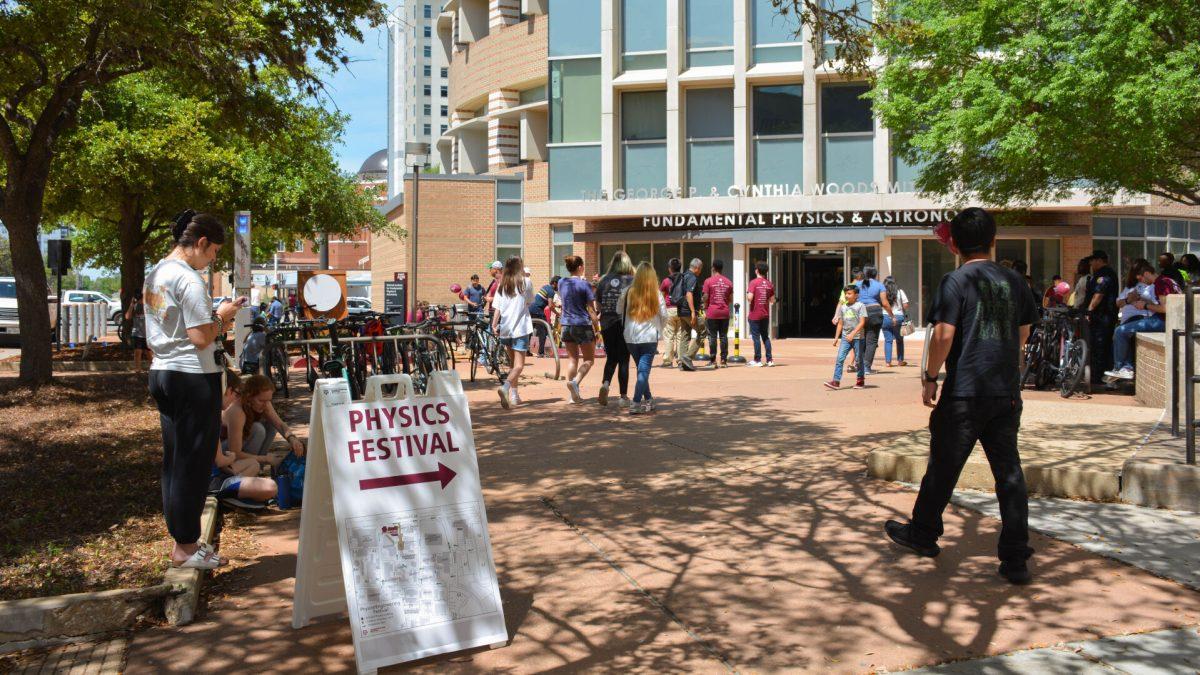Texas A&M’s College of Medicine has broken new ground by securing the first National Institutes of Health, or NIH, grant in the United States dedicated specifically to training researchers in lymphatic biology.
The grant, awarded by the National Heart, Lung, and Blood Institute, will fund A&M’s Lymphatics in Pathology and Health, or LYMPH, Training Program over the next five years, which aims to two Ph.D. students annually and equip them with the skills necessary to advance knowledge in the lymphatic system, a vital but often overlooked area of research. Directed by Mariappan Muthuchamy, a professor with extensive experience researching cardiovascular and lymphatic issues, the program is the first of its kind at A&M.
“This grant shows our university’s commitment to advancing medical research in areas that often don’t receive enough attention,” said David Zawieja, the chair of the Department of Medical Physiology and the executive director of A&M’s Cardiovascular Research Institute. “The lymphatic system helps with fluid balance, immune responses and waste removal. This program will allow us to dive deeper into these processes and explore how they connect to various diseases.”
The NIH training grant was highly competitive, and only a handful of institutions were considered.
“This is a challenging grant to get, and A&M is honored to have been chosen,” Zawieja said. “With funding over five years, we’re able to support two graduate students each year, giving them invaluable research opportunities in this critical area.”
Zawieja said the program’s emphasis on immersive and interdisciplinary study was key to securing the grant. The LYMPH Training Program immerses students in an interdisciplinary environment with faculty from the departments of medical physiology, microbial pathogenesis and immunology and neuroscience and experimental therapeutics. The program also includes partnerships with the College of Engineering and the College of Veterinary Medicine with the goal of providing students access to expertise across multiple fields.
Sanjukta Chakraborty, curriculum director and assistant professor in the Division of Lymphatic Biology, emphasized the potential impact on patient care.
“This grant allows us to train students who will directly contribute to new treatments and tools for lymphatic-related diseases,” Sanjukta Chakraborty, curriculum director and assistant professor in the Department of Medical Physiology, said. “By involving students in hands-on research, we’re not just educating — we’re actively shaping the future of healthcare.”
Chakraborty said one the program will offer unique collaborations difficult to find elsewhere as the group brings “together insights from areas like engineering and veterinary sciences to study the lymphatic system as a whole.”
Leading the program is a team that includes Brett Mitchell, the group’s co-director and a professor of medical physiology known for his research into cardiovascular health, and Joseph Rutkowski, an assistant professor specializing in the lymphatic system’s role in tissue health, particularly during inflammation.
“Our resources and knowledge put us in a strong position to lead in this area,” Zawieja said. “Our students won’t just be learning from textbooks. They’ll be conducting meaningful research that could change how we approach some of the biggest health issues of our time.”
Zawieja said allowing students to work alongside established researchers prepares them for careers in medical research and helps bridge the gap between academic study and practical application. But the program’s success will ultimately be measured by “what our students have accomplished, the studies they’ve led and the discoveries that improve patient care,” Zawieja said.
“We really hope this sets in action to draw in more trainees in this field of research and helps to push lymphatic research even more forward, therefore bringing in the kind of information the students need to build their career in this understudied field,” Chakraborty said.





